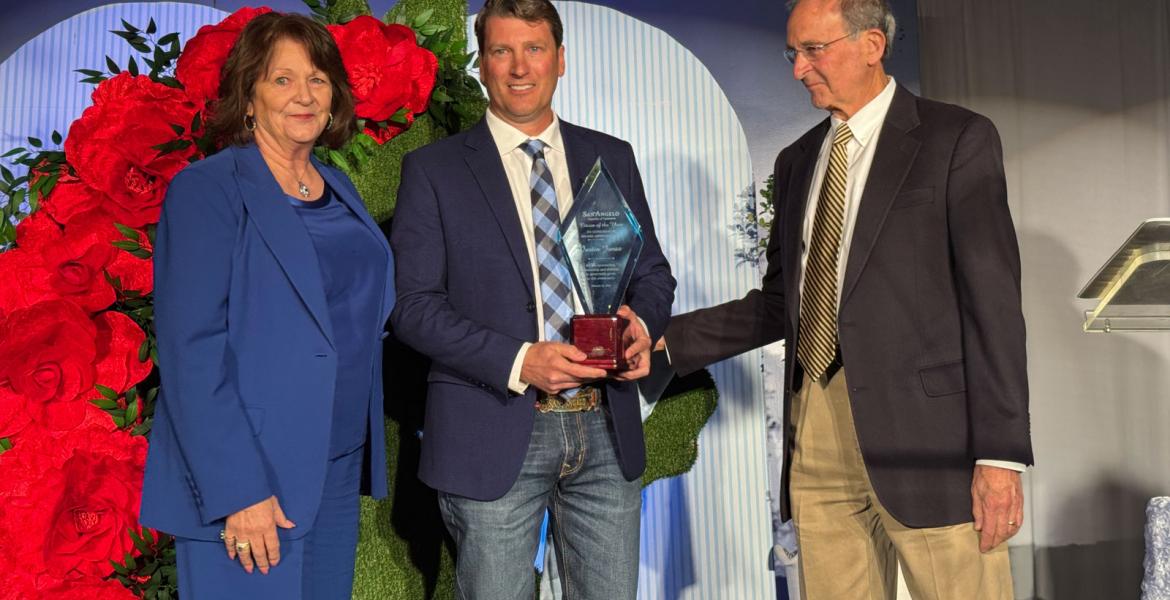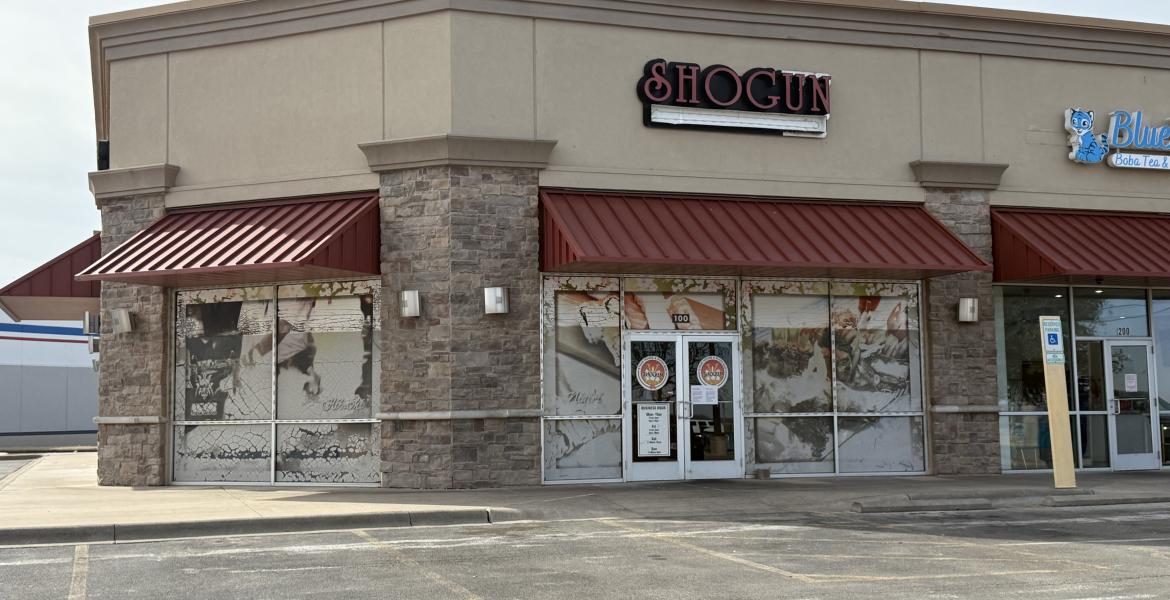SAN ANGELO, TX – Catholic Diocese of San Angelo Bishop Michael Sis announced temporary changes to Mass practices Thursday because of the Coronavirus outbreak.
In response to concerns about COVID-19 (the Novel Coronavirus), the Catholic Diocese of San Angelo has instituted temporary changes to some of the practices in the Mass, in the interest of the health and well-being of our faith community.
According to a press release, the changes are to take place immediately, and they will remain in place until determined otherwise by the bishop. Parishes will be notified when the temporary measures are lifted.
We should be vigilant but not panic. Since it is possible for a person to be contagious for some time without being aware of it, we should all take care not to be inadvertent transmitters of the virus. We should take seriously the advice of public health authorities in our local areas.
If you are sick, do not worsen your illness by trying to get to church, and do not put others at risk of catching your illness. It is not sinful to miss Mass if you are sick; it is actually an expression of care for the health of others. If your children are sick, keep them home from Mass, religious education, or youth ministry meetings.
If you are seriously ill, the Church wants to celebrate with you the Sacrament of the Anointing of the Sick. You can arrange for this by contacting your parish office.
If you or someone in your family shows symptoms of the Coronavirus, please seek medical attention.
Soap, water, and a good scrubbing are the best defense against viruses. This is especially important after coughing, sneezing, or blowing your nose, and before sharing food or drink with others. Scrub your hands with soap and water for at least 20 seconds. If you are not near soap and water, use an alcohol-based hand sanitizer or disposable hand wipe.
In this particular time of public health concern over the Coronavirus, we should refrain from holding hands during the Lord’s Prayer.
No hand position is prescribed in the Roman Missal for an assembly gesture during the Lord's Prayer. While it is generally acceptable for individuals or families to hold hands spontaneously during the Lord’s Prayer if they wish, it should never be imposed as a general parish posture. The orans posture (with hands extended) is an optional posture during the Lord’s Prayer which any member of the community is free to perform if they wish. No particular posture of the hands during the Lord’s Prayer should be imposed or made obligatory by the presider or any other person. Whether it is a time of disease outbreak or not, the choice of any individual not to hold hands during the Lord’s Prayer should always be respected.
Whenever the sign of peace is exchanged, it should be done without shaking hands.
Some gestures that might be used are a smile, eye contact, a simple bow of the head, or a wave.
The distribution of the Precious Blood is temporarily suspended, except for those few who must receive from the chalice due to severe cases of celiac disease. Those individuals who cannot receive the Eucharistic bread due to gluten intolerance or allergy should consult their pastor on making accommodations to receive the Precious Blood.
To reduce the likelihood of spreading disease, people are strongly encouraged to receive Holy Communion in the hand rather than on the tongue.
When receiving the Eucharist, we receive the fullness of the Body and Blood of Christ under the species of bread alone or wine alone. The sign of Communion is more complete when receiving under both kinds, but receiving both is not required. Even if you are typically accustomed to receiving Communion on the tongue, you will prevent spreading your saliva to the hand of the Communion minister by receiving Communion in the hand during times of serious illness outbreaks or when you or someone in your household has been sick. Nevertheless, it is ultimately the choice of the communicant whether to receive the Body of Christ on the hand or on the tongue. No one is to be denied the Eucharist over this measure.
All ministers of Holy Communion, both ordinary and extraordinary, should wash their hands with soap and water before and after Mass. Then, if Communion ministers have practiced good hygiene during the Mass, there is no obligation for them to wash their hands again during Mass. But if Extraordinary Ministers of Holy Communion need to wash their hands during Mass, the best way is to clean their hands in their pew, using a sanitizing gel or antibacterial wipe, after the Sign of Peace and just before they come to the sanctuary. The action of sanitizing their hands should be done in such a way as not to delay the Communion Rite or distract from the focus at the altar.
In our church facilities, surfaces touched by the public should be disinfected frequently.
Hand sanitizer dispensers should be made available in church facilities.
Subscribe to the LIVE! Daily
Required






Post a comment to this article here: